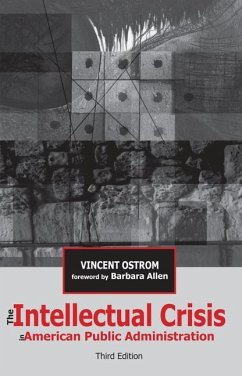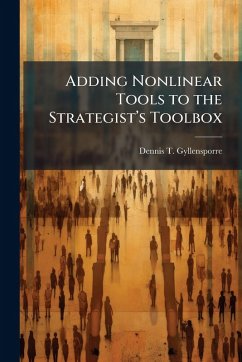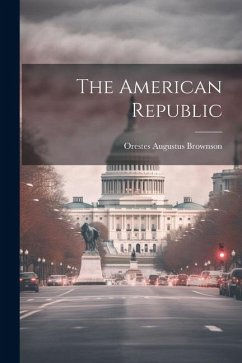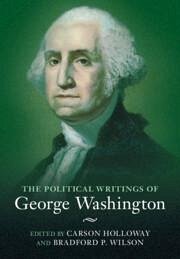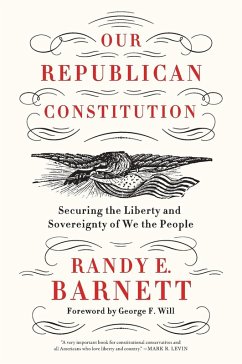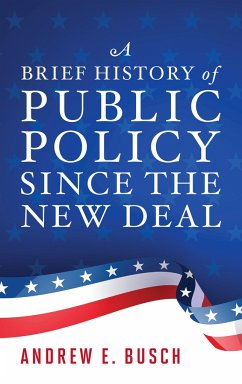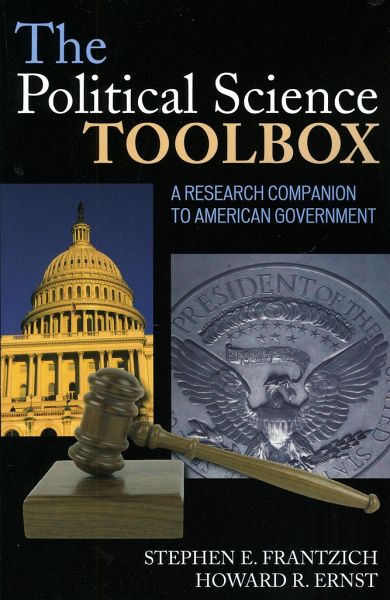
The Political Science Toolbox
A Research Companion to the American Government
Versandkostenfrei!
Versandfertig in über 4 Wochen
55,99 €
inkl. MwSt.

PAYBACK Punkte
28 °P sammeln!
The authors of The Political Science Toolbox understand the dilemmas facing political science majors and the dilemmas facing political science instructors. Students yearn for a trusted guide to help them cope with the political science experience-a single reference work that contains the basic tools that an American government major needs to succeed. And instructors desire to help students ask meaningful political science questions, but are concerned about sacrificing valuable class time to "re-teach" basic research concepts. In other words, instructors desire a work that contains the basic to...
The authors of The Political Science Toolbox understand the dilemmas facing political science majors and the dilemmas facing political science instructors. Students yearn for a trusted guide to help them cope with the political science experience-a single reference work that contains the basic tools that an American government major needs to succeed. And instructors desire to help students ask meaningful political science questions, but are concerned about sacrificing valuable class time to "re-teach" basic research concepts. In other words, instructors desire a work that contains the basic tools that they hope their students bring to each class, but that experience tells them their students are unlikely to possess. The Political Science Toolbox is a reliable companion to students of American government as they navigate their undergraduate programs. It serves as a bridge between research methods classes and student research, making it a valuable supplement for an applied research methods class, as well as a useful supplement for introduction to American government courses or introduction to Political Science courses. Moreover, students completing honors papers, capstone assignments, or any substantial research projects in the field of American government will find the ideas and guidance provided in this work to be invaluable.





